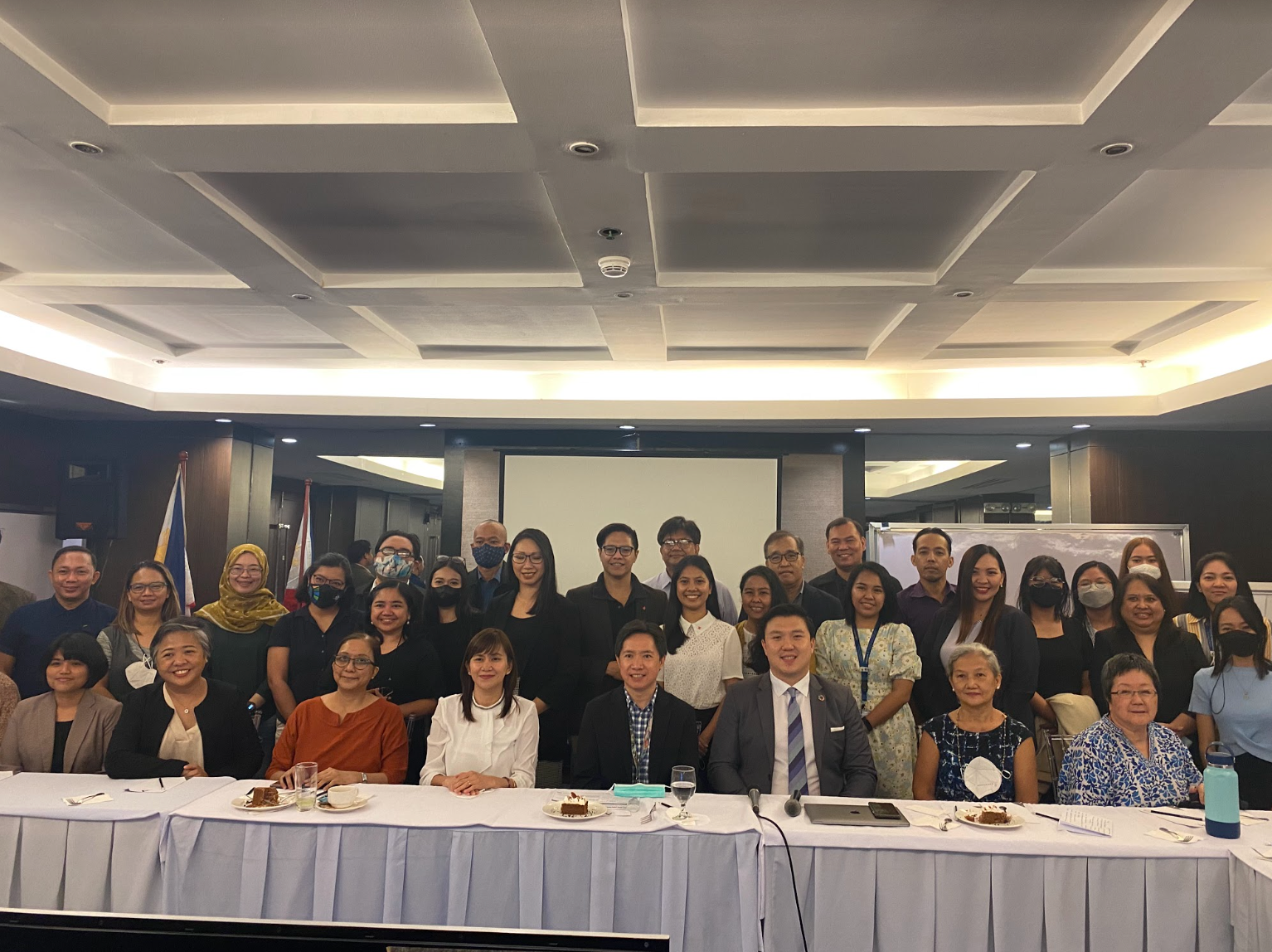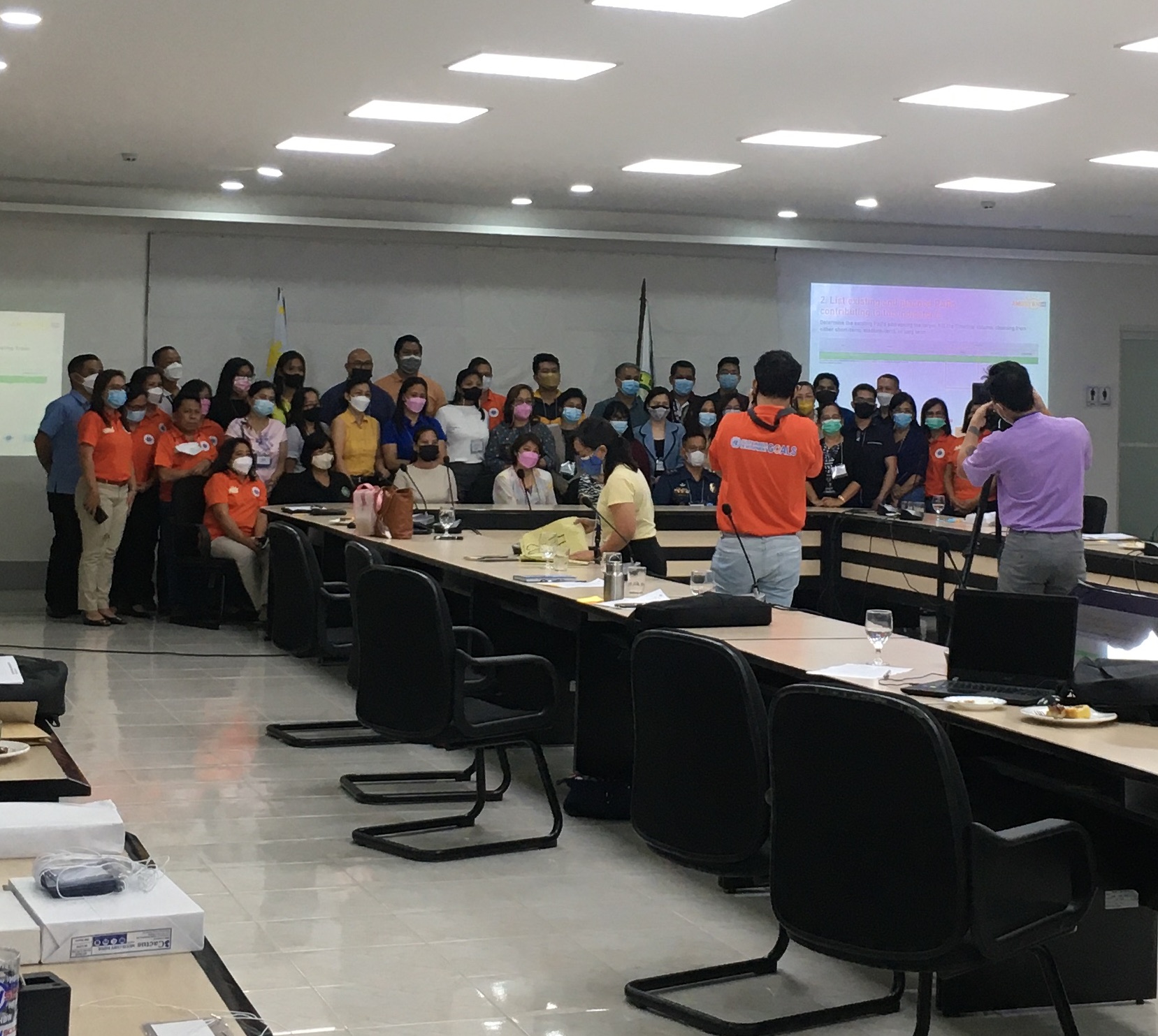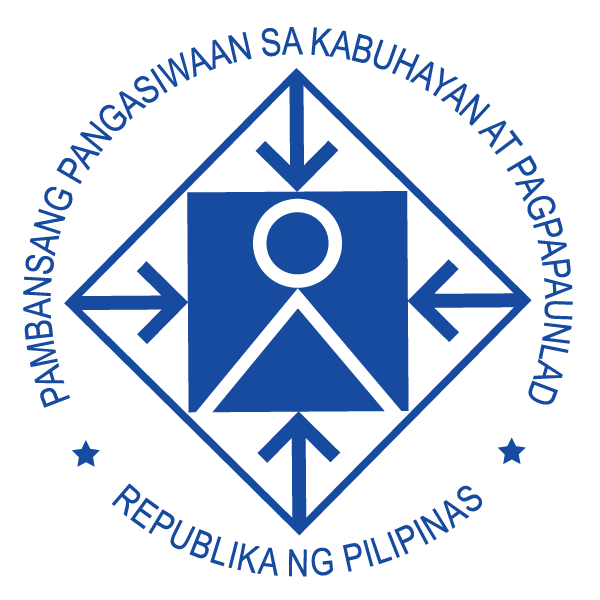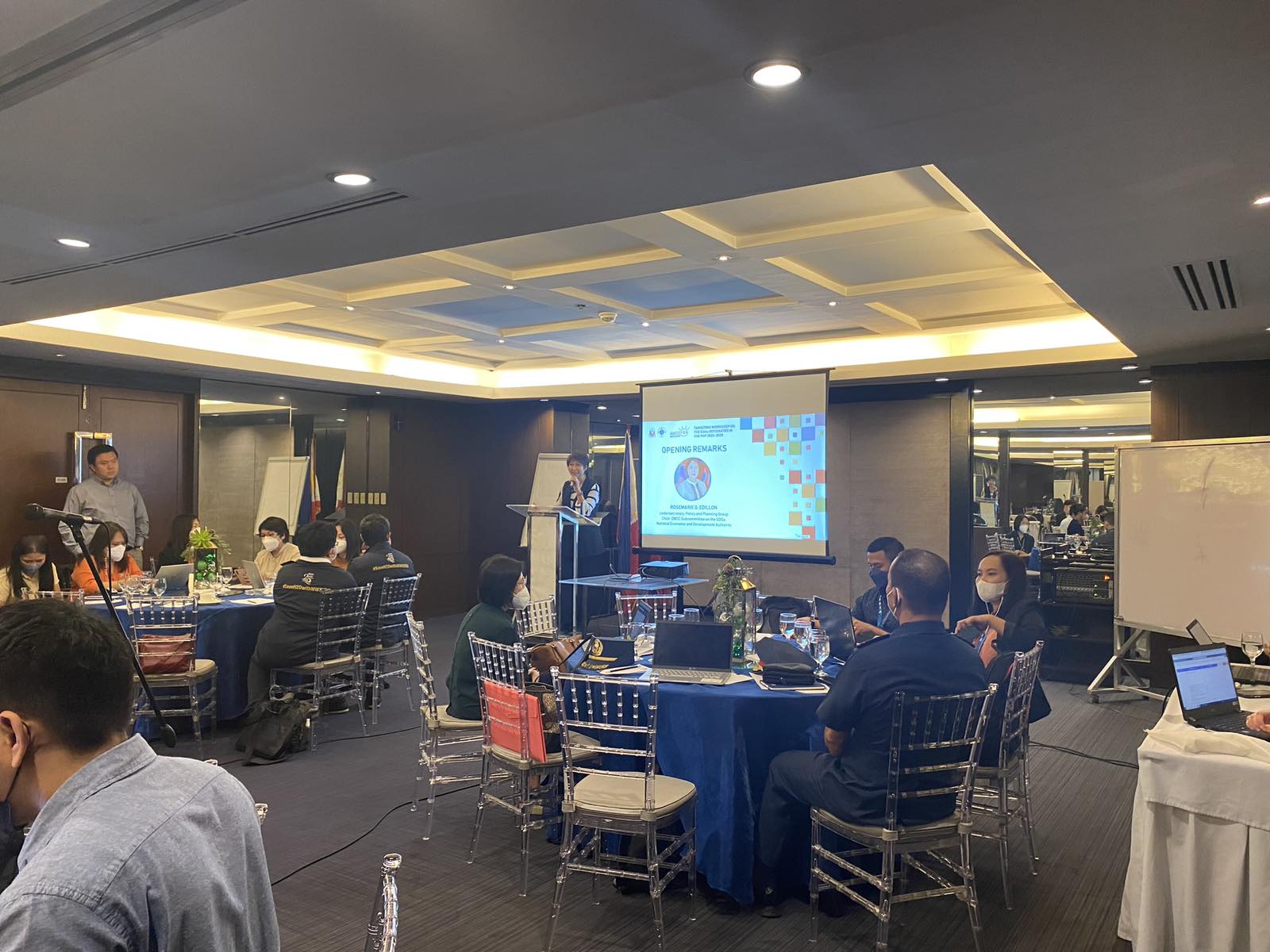NEDA CONDUCTS REGIONAL CONSULTATIONS FOR THE PHILIPPINES’ 2ND VOLUNTARY NATIONAL REVIEW ON THE SUSTAINABLE DEVELOPMENT GOALS

The National Economic and Development Authority (NEDA), in partnership with the Philippine Institute for Development Studies (PIDS) and United Nations Children’s Fund (UNICEF) Philippines, conducted three Regional Consultation Workshops in Clark, Pampanga, Davao City, and Cebu City on March 11, 13, and 15, 2019. These activities are part of the Philippines’ preparation of its second Voluntary National Review (VNR) on the implementation of the Sustainable Development Goals (SDGs) to be presented at the High Level Political Forum (HLPF) on Sustainable Development in July 2019 in New York, USA.
The VNRs aim to facilitate the sharing of experiences among countries, including their successes, challenges, and lessons learned, with a view to accelerating the implementation of the 2030 Agenda. They also seek to strengthen the policies and institutions of governments and mobilize multi-stakeholder support and partnerships for the implementation of the SDGs. This year’s HLPF will address the theme: “Empowering people and ensuring inclusiveness and equality”. For 2019, the VNR will be focusing on the following goals: SDG 4: Quality education, SDG 8: Decent work and economic growth, SDG 10: Reduced inequalities, SDG 13: Climate action, SDG 16: Peace, justice and strong institutions, and every year SDG 17: Partnership for the goals is discussed.
To ensure the inclusive process in the crafting of the VNR, the Philippines aims to apply a whole of society approach. Aside from the national and local government units, the civil society organizations (CSOs), academe and the private sector were present during the regional consultations and were requested to provide inputs to the Report.
The issue on the effect of climate change to agricultural productivity as well as its linkages to support the achievement of the other SDGs were raised. Issues on the education sector were also extensively discussed. These include job mismatching, access of students to their preferred courses or strands, as well as adequate support for teachers and the reported overburden to teachers.
The participants also provided inputs on the initiatives being undertaken in their regions which support the SDGs. These include the capacity building for sustainable tourism or eco-tourism, integration of sustainable development in some college degrees, and the reintegration programs for rebel returnees, the provision of services specifically designed for indigenous peoples’ communities, among others. The participants also bolstered the importance of understanding how each SDGs are interrelated and how they can contribute to the attainment of each other such as how conflict needs to be addressed to be able to boost agricultural productivity.
Through the consultation workshops, government and non-government actors, especially at the local level, reaffirmed their commitment to contribute to the attainment of the 2030 Sustainable Development Agenda.
Aside from these consultations conducted in Luzon, Visayas and Mindanao, NEDA will be spearheading consultations with other major groups and stakeholders such as children, youth, labor tripartite bodies, and CSOs within March and April this year.
Related Articles

SC-SDG Stakeholders’ Chamber Discuss Expansion and Localization Efforts in Q4 Meeting
The Stakeholders’ Chamber on the SDGs discuss strengthening its role as a government partner in SDG implementation, expansion of its national membership, and establishment of regional chambers, in its 4th Quarter meeting.

Localizing the SDGs: Workshops to set subnational targets in Regions V, IV-A, and X
The National Economic and Development Authority kicked off the SDG localization efforts at the subnational level in 2022 as part of the national strategy to implement the Sustainable Development Goals (SDGs) in the country.



